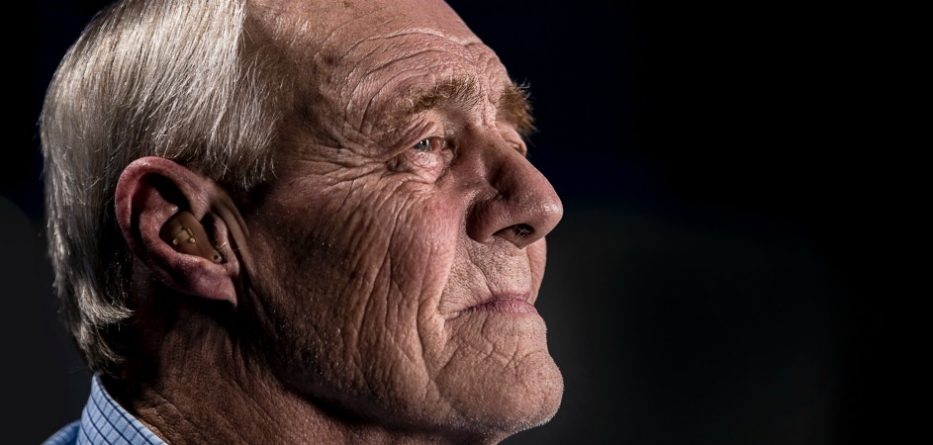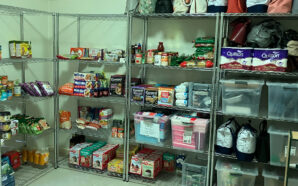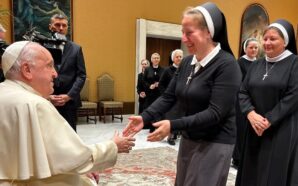It’s been 30 years since the UN International Day of Older Persons was first declared. This year, as you may imagine, one of the central themes of the day is increasing understanding of the impact of COVID-19 on older people. Right now, the COVID-19 pandemic is causing untold fear and suffering for older people across the world, and the UN Secretary-General, Antonio Gutteres has publicly stated that, “Beyond its immediate health impact, the pandemic is putting older people at greater risk of poverty, discrimination and isolation.”
Pope Francis has made many references to older persons during his pontificate, making particular mention of their dignity. They are “men and women, fathers and mothers who walked the same road before us” he has said.
Bishop Vincent Long OFM Conv, Bishop of Parramatta and Chair of the Australian Bishop’s Social Justice Council also encourages us to reject stereotypes of older people as “doddering, out of touch or (necessarily) dependent”.
“People are not commodities, to be valued only for their productivity or purchasing power” he said.
“They are human beings in the fullest sense, precious in their own right, possessing a dignity that was given them by God. Furthermore, their wisdom and lived experience are priceless treasures that can enrich our lives.”
Elder abuse and COVID-19
An often-misunderstood issue effecting many of our older citizens is elder abuse. During the COVID-19 pandemic, it may be more difficult to pick up the signs of this crime. While they are isolated to protect them from the virus, older people are not as visible in our parishes or community groups. At the same time, they may be behind closed doors with a violent family member or carer – often their own children.
Elder abuse has been defined by the World Health Organisation as ‘a single, or repeated act, or lack of appropriate action, occurring within any relationship where there is an expectation of trust which causes harm or distress to an older person’. Elder abuse can take various forms, including: financial, physical, psychological, emotional and sexual abuse, or neglect.
No older person should be subjected to any form of abuse.
What can we do to help prevent elder abuse?
A first step is to become active in an older person’s life. In January this year Pope Francis said, “Do not be afraid. Take initiatives. Help your Bishops and Dioceses to promote pastoral service to and with the elderly. Do not be discouraged… Go forward!”
If you are concerned about elder abuse check out the information on the Australian Human Rights website. Alternatively, ring the 1800 ElderHelp national elder abuse phone line to talk to someone about your concerns.
Resources for your parish
Dr Kay Patterson, Age Discrimination Commissioner at the Australian Human Rights Commission has championed the rights of our ageing communities and in particular, those subject to elder abuse. Dr Patterson seeks to foster connections between organisations to encourage the evaluation and sharing of existing programs and best practice.
Dr Patterson has recently developed elder abuse awareness bookmarks and posters to increase community awareness of the signs of elder abuse and the national elder abuse phone line. If you would like to connect with the AHRC in relation to activities and programs or to order resources for your parish community, please contact Age.DiscriminationCommissioner@humanrights.gov.au
The Diocese of Parramatta encourages you to connect with an older person today, you never know how impactful that connection will be, it may even save a life.
1800 ELDERHelp (1800 353 374) is the national elder abuse phone line. 1800ELDERHelp automatically redirects callers seeking information or advice on elder abuse to their state or territory phone line service. If you require assistance in an emergency or life-threatening situation, contact 000.
Tracy McLeod Howe is the Head of Safeguarding for the Diocese of Parramatta.








